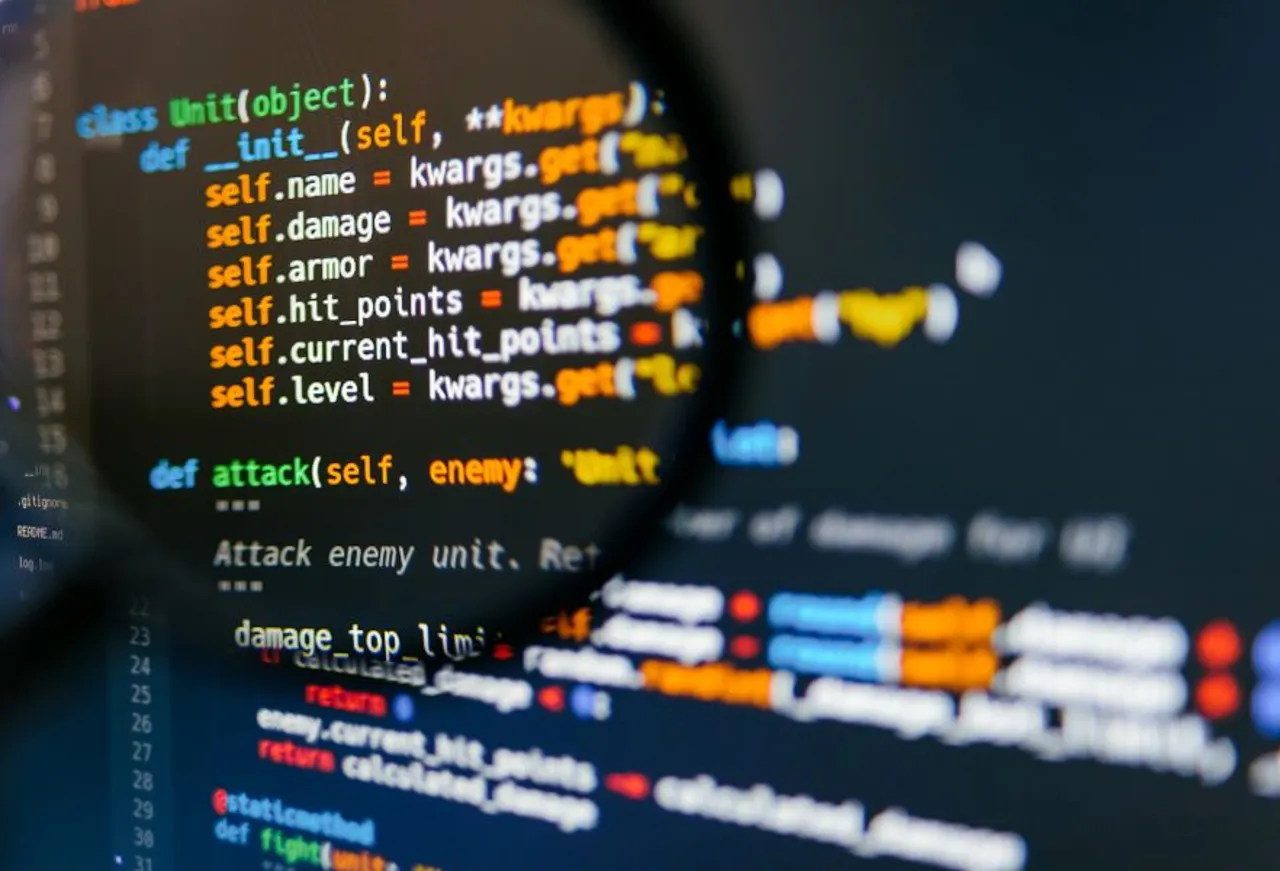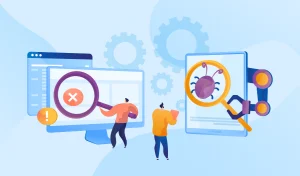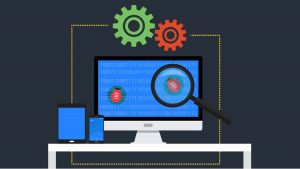With new technologies surfacing daily and coding being one of the most in-demand talents today, it’s only natural that there are myths about the field. Even though programming is becoming increasingly popular, numerous myths about the area may deter some from entering the field. We will dispel some of the most prevalent coding myths and distinguish fact from fiction in this article.
Myth 1: AI programmers are the future
One of the most widely held myths about coding is the idea that artificial intelligence will soon dominate the field and that there will be a tremendous demand for AI programmers. Although artificial intelligence (AI) is an area that is expanding, it will still be some time before AI replaces human programmers. There is a considerable need for knowledgeable human programmers who will be around for a while.
Myth 2: A programmer is a Lonely and Nerdy Person
Another widespread myth about programmers is that they are loners and awkward social beings who spend their entire lives in front of a computer. While some programmers could fit this description, it’s crucial to remember that it is merely a cliché. Programmers have a wide range of personalities and hobbies and come from all different backgrounds. Moreover, programming is a collaborative activity, and programmers frequently work in teams, which calls for practical cooperation and communication abilities.
Myth 3: To be a good programmer, you must be a Math Whiz
The idea that you need to be a math whiz to be a successful programmer is another common myth. Even though math is necessary for some programming tasks, not all coding positions require it. Many programming positions call for basic math abilities; some may even be math-free. Although a strong foundation in arithmetic is required, coding success does not require a math prodigy.
Myth 4: Concentrate on Only One Programming Language
The idea that you should concentrate solely on one programming language is another prevalent myth. Every programming language has its advantages and disadvantages, and the secret to being a successful programmer is to be adaptable to new technology. Concentrating on a single language can restrict your employment options and make it challenging to follow business trends.
Debunking Further Programming Myths
Several other programming myths are worth busting in addition to those mentioned above.
Myth 5: To be a programmer, you must have a college education
A college education can be helpful, but becoming a programmer is only sometimes required. Many accomplished programmers have learned the needed skills independently or through other means. Several online tools can assist you in understanding the skills needed to become a programmer, including tutorials and coding boot camps.
Myth 6: Programmers work solely alone
Another widespread myth is that programmers are lone workers. Programming is a very collaborative discipline that necessitates effective communication and teamwork abilities. Programmers frequently collaborate in teams, and a project’s success depends on effective teamwork.
Myth 7: Only young people should program
It’s a prevalent fallacy that only young people should learn programming. Yet, learning to program may be done at any age. Many successful programmers later began their professions and had prior careers in other industries.
Myth 8: Programming is dull
Although some individuals might think otherwise, programming is a challenging job. There are several opportunities to use creativity and solve complex challenges in the dynamic world of programming. Many people’s drives come from the satisfaction of watching a project come to life and work properly.
After dispelling some of the prevailing myths about coding, let’s examine some of the fundamental abilities required for anyone interested in a career in programming.
Problem-Solving
You’ll solve complicated problems with little or no knowledge and resources as a programmer. In this line of work, it is crucial to possess the capacity to dissect issues into their component elements and devise original remedies.
Critical Analysis
A programmer must also possess critical thinking abilities in addition to problem-solving skills. Making educated decisions requires critically assessing information, examining facts, and conducting analysis. This ability is crucial in programming because even a tiny mistake can significantly influence the result.
Skills in Communication
Although it may appear like a solo activity, programming is collaborative; working with other programmers, project managers, and clients, all of whom could have varying levels of technical expertise, is a part of being a programmer. Communication skills are essential to bringing everyone on the same page.
Observation of Details
The precise nature of programming necessitates meticulous attention to detail. A program can crash because of a single typo or errant comma. The ability to identify and promptly fix this kind of problem is crucial.
Creativity
Although it might seem technical, programming allows for much creative freedom. Creativity is vital in programming, developing a fresh perspective on a problem, setting an innovative solution, or creating an exciting user interface.
Continuous Education
With the development of new programming languages, tools, and technologies, the programming field is constantly expanding. It is crucial for programmers to stay current with these changes and to be open to learning new things. It would be best to continually learn new things to advance your job and stay current.
Along with these abilities, it’s critical to have a strong work ethic, the capacity to function under pressure, and a love of technology. Everyone can excel in programming if they possess these abilities and qualities.
Conclusion
In the end, these coding myths are just that: myths. Anyone interested in pursuing a career in programming has countless opportunities thanks to the field’s diversity and excitement. To be a successful programmer, you don’t have to be a math whiz or an introverted nerd. You only need to be enthusiastic about solving problems, open to learning new things, and able to collaborate with others. Hence, if you’re considering a career in programming, don’t let these falsehoods deter you. Accept the difficulties, and you can find that programming is your ideal profession.






